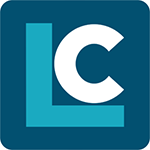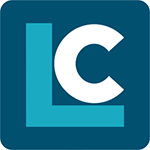Medication at School
The district recognizes that administering of nonprescription medication to students and/or self-medication may be necessary when the failure to take such medication during school hours, would prevent the student from attending school
District / Departments / School Services / Student Health & Nursing / Medication at School
Forms
Medication Information: Pre Kindergarten - 8th Grade
- Complete one consent form for each medication (prescription and over-the-counter).
- Prescription and over-the-counter medication is required to be in a current, original container to be kept in the school office in a locked cabinet.
- All prescription medication is to be in an original prescription bottle clearly labeled with the name of the prescribing doctor, student name, amount of the drug dosage, time and method of administration. The information on the prescription bottle must match the information on the consent form.
- If the completed consent form is not consistent with the manufacturer’s guidelines for the over-the-counter/nonprescription medication, an order from the student’s medical provider allowing the inconsistent administration of the medication is required.
- For nonprescription medication that is not approved by the Federal Drug Administration, a written order from the student’s prescriber that includes the name of the student, name of the medication, dosage, method of administration, frequency of administration, a statement that the medication must be administered while the student is in school, any other special instructions, and the signature of the prescriber is required.
- Medication will be kept in a locked area and administered by the nurse, or designated staff member.
- Rescue medication (asthma inhalers, epipen, glucagon) Elementary School: To be kept in the office. (Additional planning with nurse for bus riders). Middle School: Students may self-carry inhalers so the student has quick access. It may also be kept in the office.
- The nurse will notify you if/when more medication is needed.
- Medications should be brought to the school office by the parent or guardian.
Medication Information: High School 9th Grade to 12th Grade
- Students may self-carry 1-2 days worth of medication:
- In prescription container with prescription label
- In original over-the-counter medication bottle
- After turning into office a consent form signed by the student, parent, and nurse
- Current info to stay as well.
Medication Administration Guidelines per the Oregon Department of Education and the Oregon Health Authority
Medication Administration: Manual for School Personnel
Information
Resources
Contact Student Health & Nursing
"*" indicates required fields






